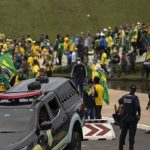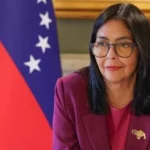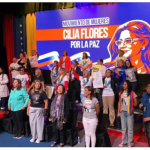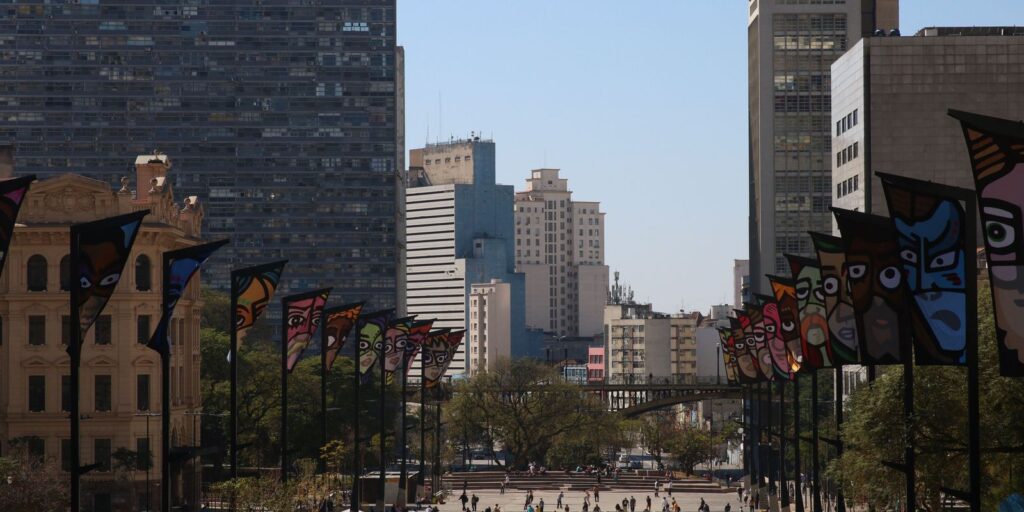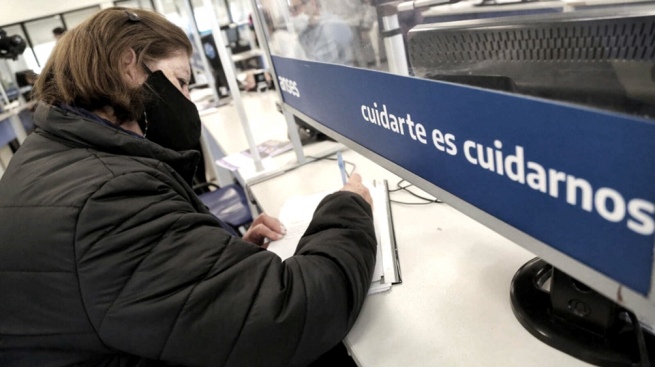In just one month, the Minister of Government has ordered the intervention of the Special Force for the Fight against Drug Trafficking and the Directorate Vehicle Theft Prevention (Diprove) in Santa Cruz. The loss of prestige of the police institution increases at the same time that the crisis inside it worsens.
Retired police officer and political scientist Waldo Panozo undresses the discomfort inside the olive green institution before the microphones of EL DEBER Radio. In the ‘Influential’ program, Panozo demanded “functional autonomy” as a first step to strengthen the Police.
The olive green institution “must continue to depend on the State in terms of administration, but maintain the regulations of the institution regarding promotions”. It is Panozo’s request. In his analysis, “there are many bad police officers who wouldn’t even reach the leadership,” but who rise thanks to “the serious influence of politicians.”
As an example, alludes to the rise of Raúl Cabezas. “Who allows the rise of Cabezas with a history of domestic violence?who is his godfather? Who recommends him?” Panozo. He himself responds in the microphones of EL DEBER Radio. “He comes from the Ministry of Government.”
The validity of political sponsorships also affects other institutions such as the National Customs. “The one who has a godfather is obliged to meet someone, he has to pay. It’s a chain,” says Panozo.
With a critical look at what is happening today, the retired police officer regrets the lack of commitment on the part of the authorities. “They announce sanctions against officials, but they don’t talk about the authorities. They talk about surprise operations, but is the sale of cars in Yapacaní a surprise?” she asks.
Panozo deepens his analysis and points to the narch-trafficking as the base of this system of corruption in the institutions. “Drug trafficking drags down many authorities: police, military and especially politicians,” he lists.
The crisis in the police institution dates back to the 1990s. Although he affirms that it is not a question of a restructuring or reform of the Police itself. “This is about the moral issue and political interests. It’s a chain of command,” he concludes.
In just one month, the Minister of Government has ordered the intervention of the Special Force for the Fight against Drug Trafficking and the Directorate Vehicle Theft Prevention (Diprove) in Santa Cruz. The loss of prestige of the police institution increases at the same time that the crisis inside it worsens.
Retired police officer and political scientist Waldo Panozo undresses the discomfort inside the olive green institution before the microphones of EL DEBER Radio. In the ‘Influential’ program, Panozo demanded “functional autonomy” as a first step to strengthen the Police.
The olive green institution “must continue to depend on the State in terms of administration, but maintain the regulations of the institution regarding promotions”. It is Panozo’s request. In his analysis, “there are many bad police officers who wouldn’t even reach the leadership,” but who rise thanks to “the serious influence of politicians.”
As an example, alludes to the rise of Raúl Cabezas. “Who allows the rise of Cabezas with a history of domestic violence?who is his godfather? Who recommends him?” Panozo. He himself responds in the microphones of EL DEBER Radio. “He comes from the Ministry of Government.”
The validity of political sponsorships also affects other institutions such as the National Customs. “The one who has a godfather is obliged to meet someone, he has to pay. It’s a chain,” says Panozo.
With a critical look at what is happening today, the retired police officer regrets the lack of commitment on the part of the authorities. “They announce sanctions against officials, but they don’t talk about the authorities. They talk about surprise operations, but is the sale of cars in Yapacaní a surprise?” she asks.
Panozo deepens his analysis and points to the narch-trafficking as the base of this system of corruption in the institutions. “Drug trafficking drags down many authorities: police, military and especially politicians,” he lists.
The crisis in the police institution dates back to the 1990s. Although he affirms that it is not a question of a restructuring or reform of the Police itself. “This is about the moral issue and political interests. It’s a chain of command,” he concludes.
;






